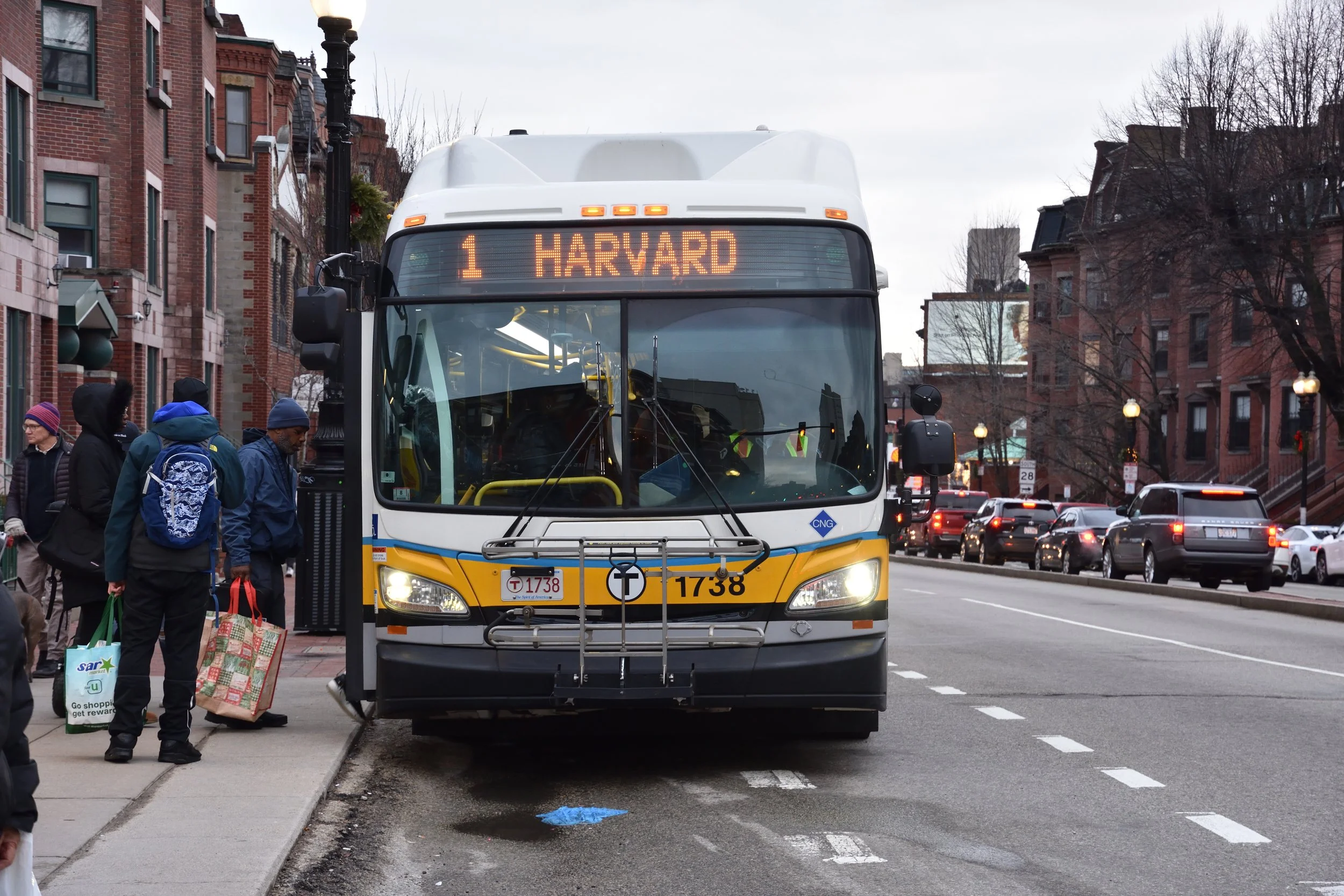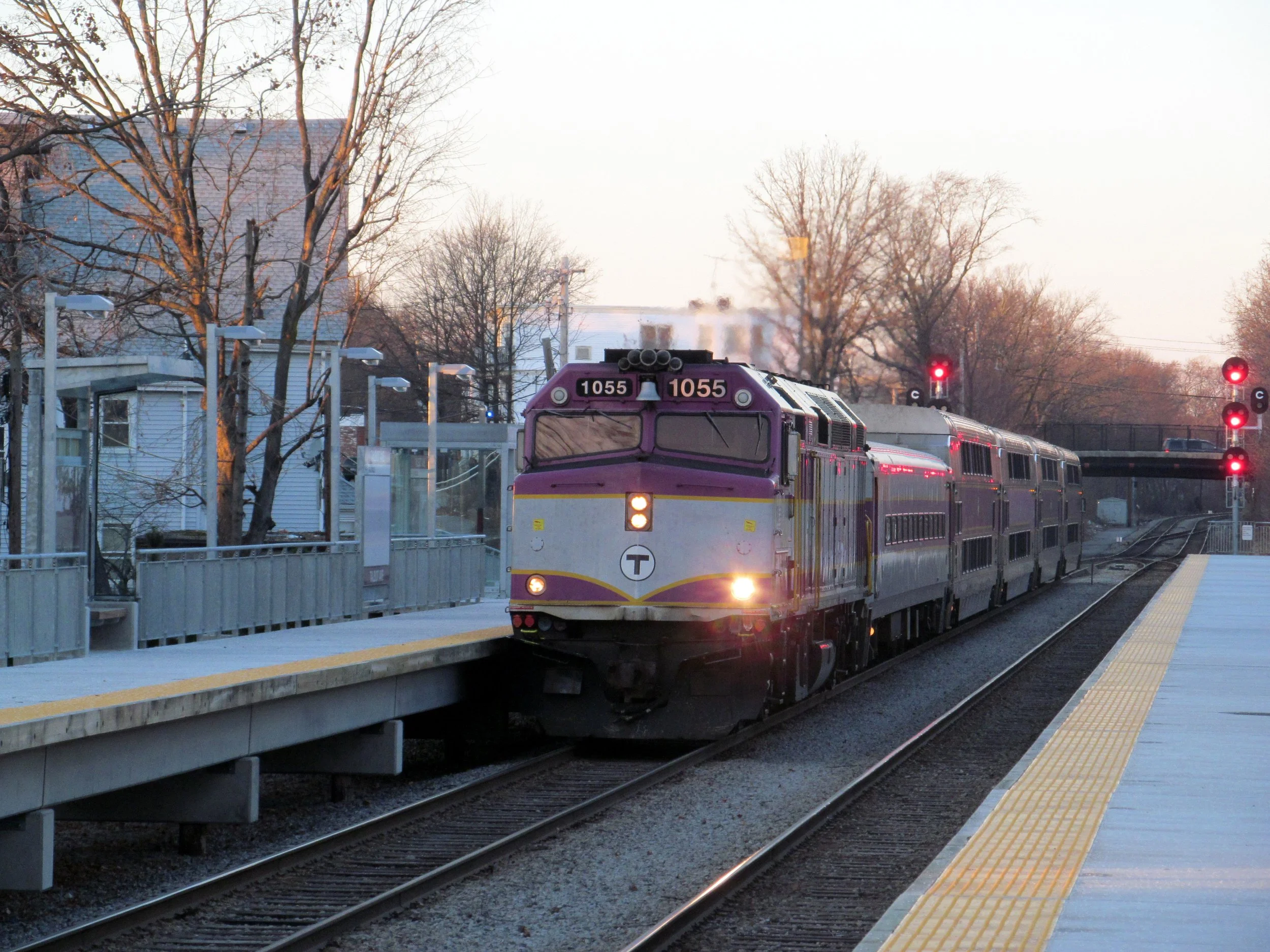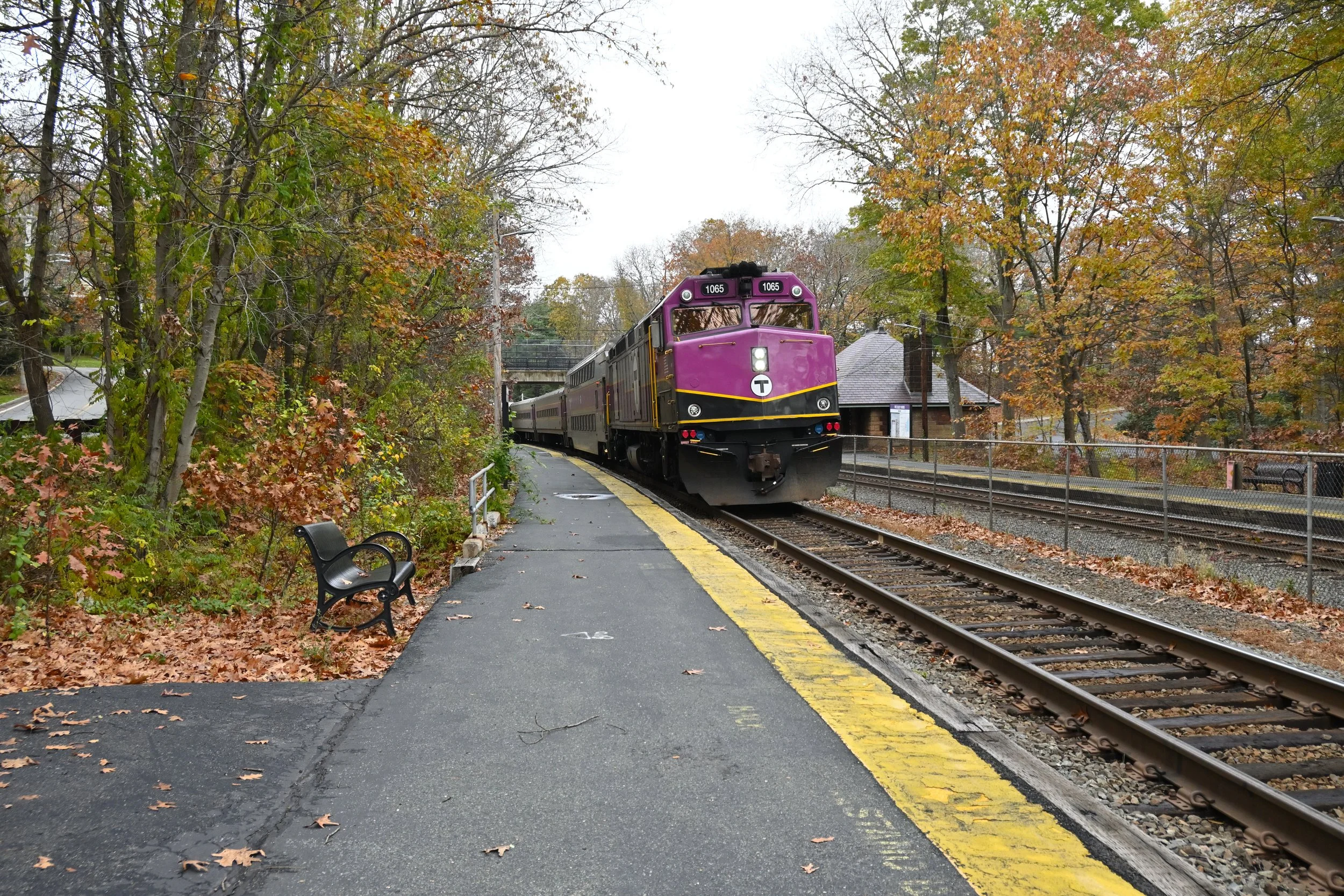BOSTON, November 4, 2019 —
TransitMatters applauds today’s action by the FMCB to advance Regional Rail in Massachusetts. We began this journey in February 2018 with the publication of our Regional Rail report and we are pleased to see its progress from plan to policy. Since the initial release of our report in 2018, we have worked tirelessly to write op-eds, hold outreach events around the region, especially in Gateway Cities, analyze the system line-by-line, and release a follow-up Proof of Concept whitepaper this fall laying out the practical first steps to be taken. We are grateful for the support and feedback we have received from politicians and elected officials, key stakeholders, the Rail Vision group, our media partners who have helped us get the message out, and most importantly our supporters who have written letters and testified at FMCB meetings in support of our initiative. This comprehensive outreach and support is why we are at this critical point today.
We believe that this is an important first step toward transforming our current antiquated Commuter Rail system. We will continue to push hard for a new service delivery model based on frequent all day service, replacing today’s dirty diesel locomotives with more cost effective electric multiple units and providing better service with high level platforms at every station. Today is the beginning of making the vision we laid out in our 2018 Regional Rail plan actionable. We look forward to a close collaboration with the T and other stakeholders to keep this critical initiative on track.
For media inquiries, please e-mail media@transitmatters.org.
###






